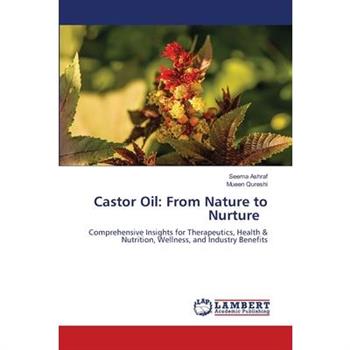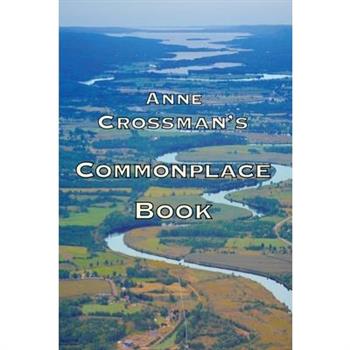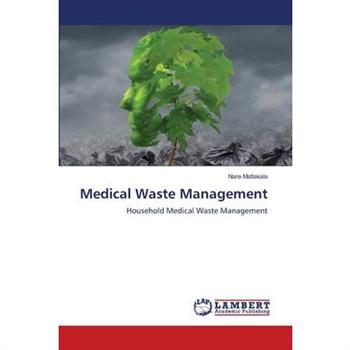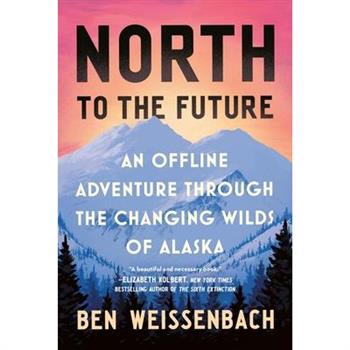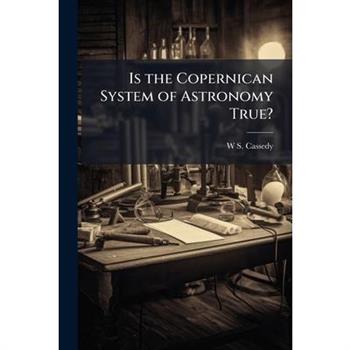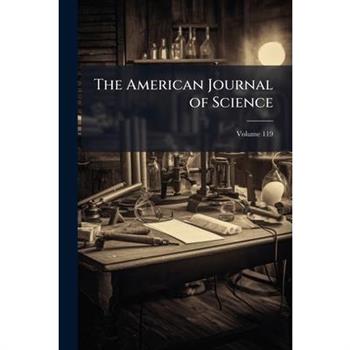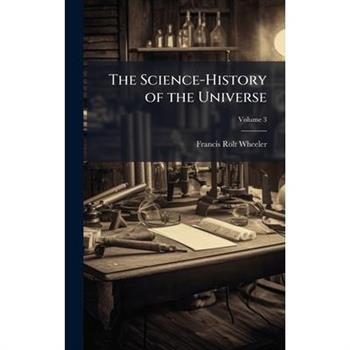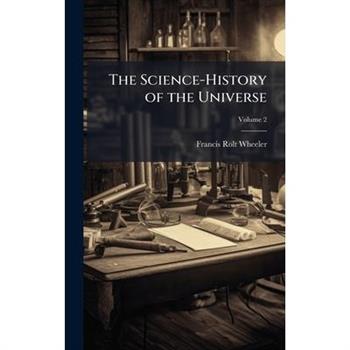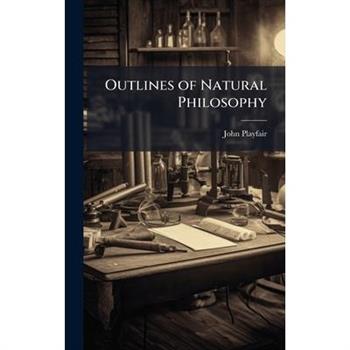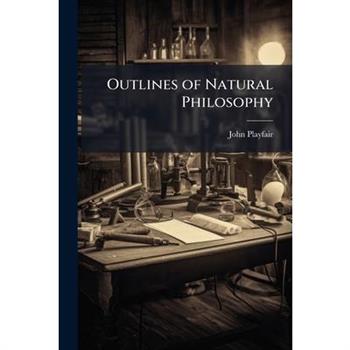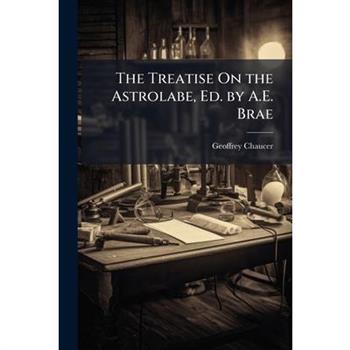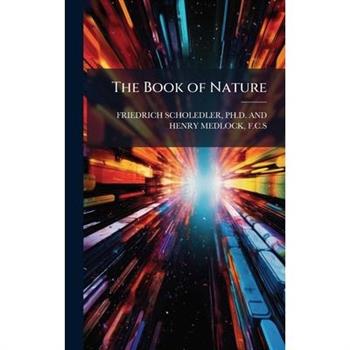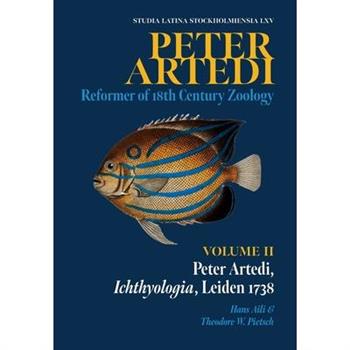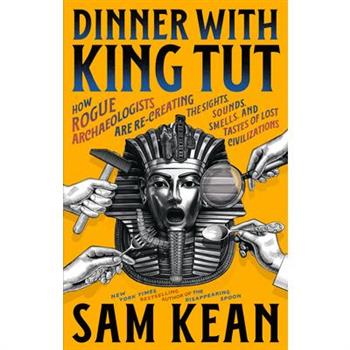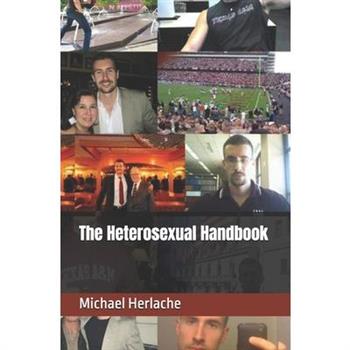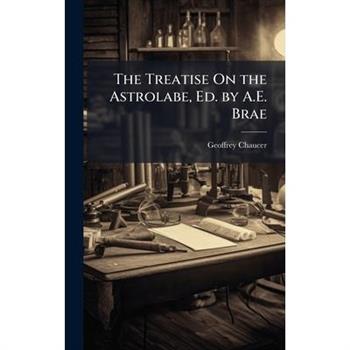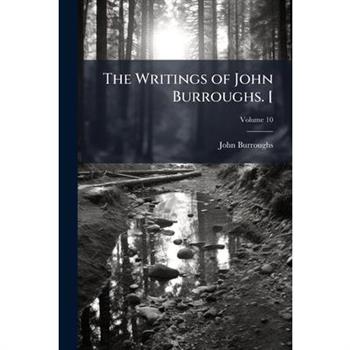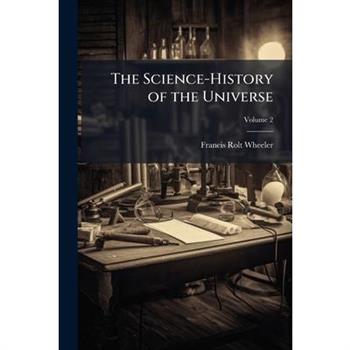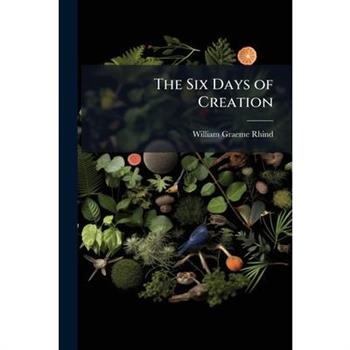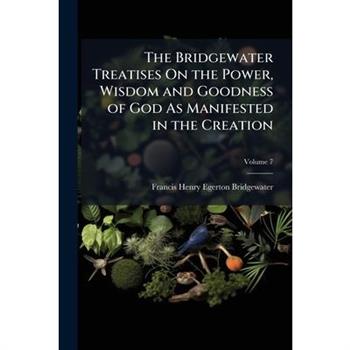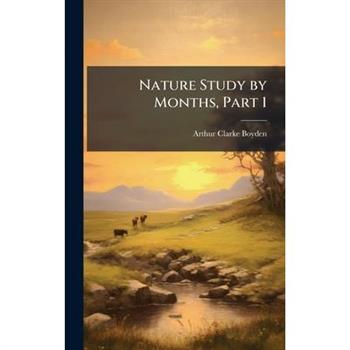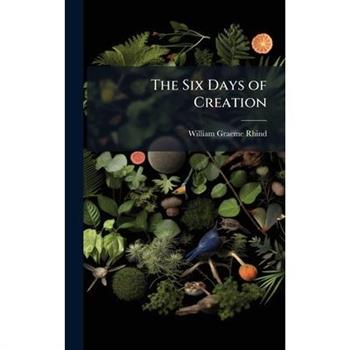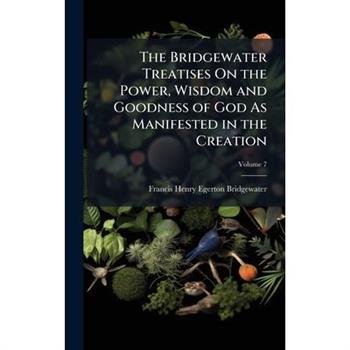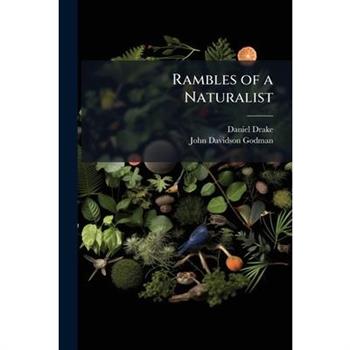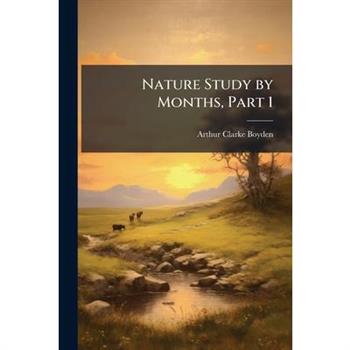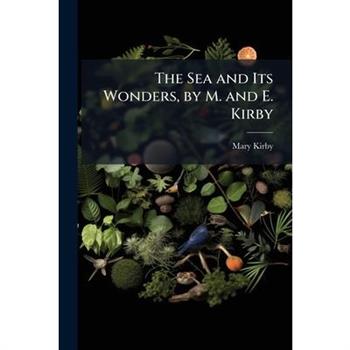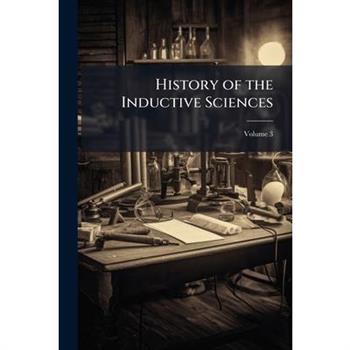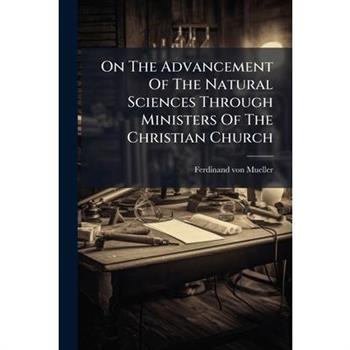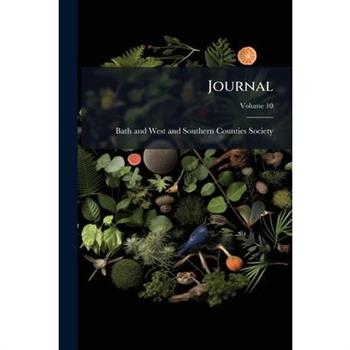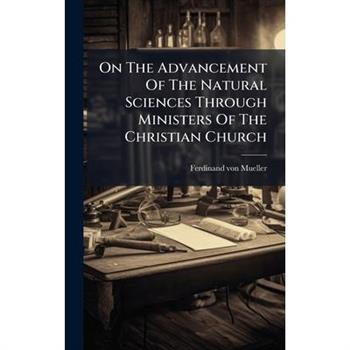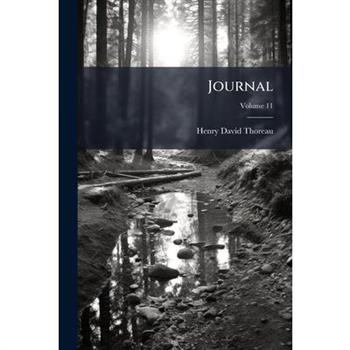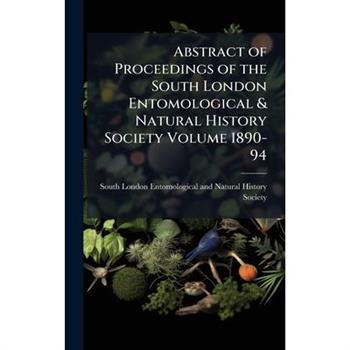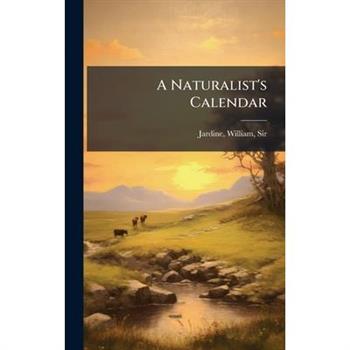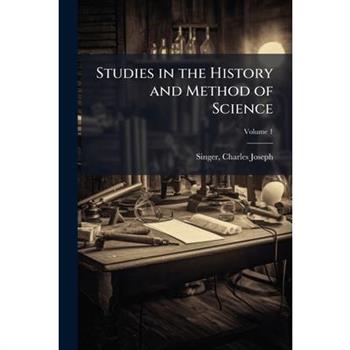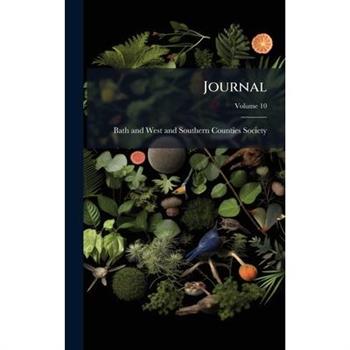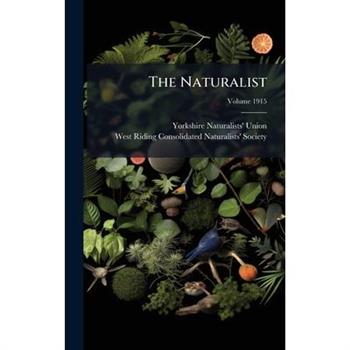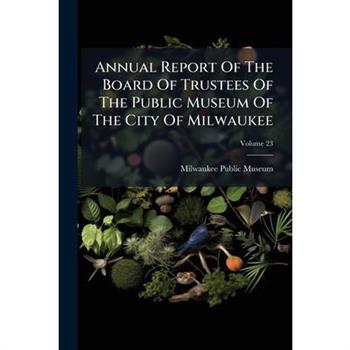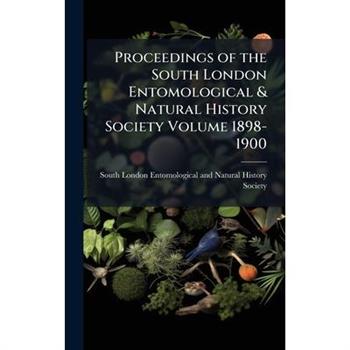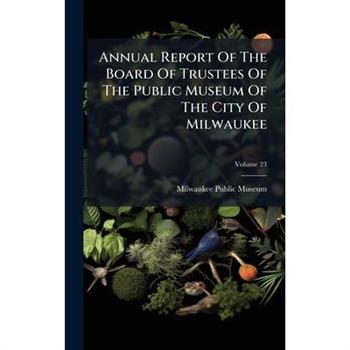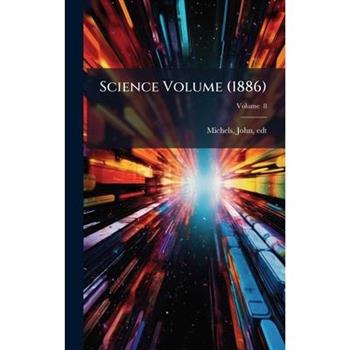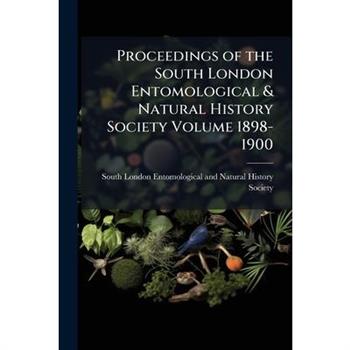North to the Future
Hailed as a "worthy successor" to John McPhee (Kirkus Reviews), Ben Weissenbach --a digital native with little prior wilderness experience--embarks on a series of scientific adventures across the wilds of Alaska with some of the state's most distinguished and audacious researchers. At the age of twenty, college student Ben Weissenbach went north to Arctic Alaska armed with little more than inspiration from his literary heroes and a growing interest in climate change. What met him there was a world utterly unlike the 21st century Los Angeles in which he grew up--a land of ice, rock, and grizzlies seen by few outside a small contingent of scientists with big personalities. There's Roman Dial, the larger-than-life ecologist with whom Ben walks and rafts a thousand miles across Alaska's Brooks Range. There's Kenji Yoshikawa, the reindeer-herding permafrost expert who leaves Ben alone for eleven days to care for his off-grid homestead, where temperatures drop to -49 degrees Fahrenheit. And there's Matt Nolan, the independent glaciologist who flies him to the largest glaciers in the American Arctic. As these scientists teach Ben to read Alaska's warming landscape, he confronts the limits of digital life and the complexity of the world beyond his screens. He emerges from each adventure with a new perspective on our modern relationship to technology and a growing wonder for our fast-changing--ever-changing--natural world.
Dinner with King Tut
New York Times's 21 Nonfiction Books Coming This Summer Boston Globe's Best Summer 2025 Books From "one of America's smartest and most charming writers" (NPR), an archaeological romp through the entire history of humankind--and through all five senses--from tropical Polynesian islands to forbidding arctic ice floes, and everywhere in between. Whether it's the mighty pyramids of Egypt or the majestic temples of Mexico, we have a good idea of what the past looked like. But what about our other senses: The tang of Roman fish sauce and the springy crust of Egyptian sourdough? The boom of medieval cannons and the clash of Viking swords? The frenzied plays of an Aztec ballgame...and the chilling reality that the losers might also lose their lives? History often neglects the tastes, textures, sounds, and smells that were an intimate part of our ancestors' lives, but a new generation of researchers is resurrecting those hidden details, pioneering an exciting new discipline called experimental archaeology. These are scientists gone rogue: They make human mummies. They investigate the unsolved murders of ancient bog bodies. They carve primitive spears and go hunting, then knap their own obsidian blades to skin the game. They build perilous boats and plunge out onto the open sea--all in the name of experiencing history as it was, with all its dangers, disappointments, and unexpected delights. Beloved author Sam Kean joins these experimental archaeologists on their adventures across the globe, from the Andes to the South Seas. He fires medieval catapults, tries his hand at ancient surgery and tattooing, builds Roman-style roads--and, in novelistic interludes, spins gripping tales about the lives of our ancestors with vivid imagination and his signature meticulous research. Lively, offbeat, and filled with stunning revelations about our past, Dinner with King Tut sheds light on days long gone and the intrepid experts resurrecting them today, with startling, lifelike detail and more than a few laughs along the way.
The Treatise On the Astrolabe, Ed. by A.E. Brae
Entwined
What can octopuses' nine brains teach us about climate resilience? How can great horned owls' keen hearing illuminate relationship dynamics? Does playing with kelp cultivate respect for the value of life? What can our 8.7 million "more-than-human" neighbors teach us about life? Entwined: Dispatches from the Intersection of Species explores these questions through a collection of sixteen original essays by Bridget A. Lyons, a wilderness guide, traveler, and explorer who has encountered countless animals and plants in their native environments. From Alaska to Honduras, Lyons's stories are braided with careful observation, scientific research, and wonder to foster the connection between us and our nonhuman neighbors. By focusing on the Anthropocene--the era during which human activities have had substantial impacts on the functioning of our planet--Lyons highlights the need to protect the planet's quickly diminishing diversity. Each essay within Entwined seeks to keep nonhuman stories in the foreground, with Lyons's personal experiences acting as a backdrop. Some of these moments include navigating icebergs in Alaska while researching the nesting strategies of common eiders, witnessing the apparent demise of a humpback whale on the Baja Peninsula while instructing a wilderness course, and observing ibex while trail running the Alps. While each piece can stand on its own as a literary examination of a creature's life and a facet of the human experience, collectively, the narrative invites readers to consider what they have in common with even the most seemingly foreign of species, such as sea stars and sponges. Entwined rests on the belief that when we take the time to know unfamiliar creatures, we are more likely to alter our choices and behaviors in ways that ensure their continued existence on the planet.




